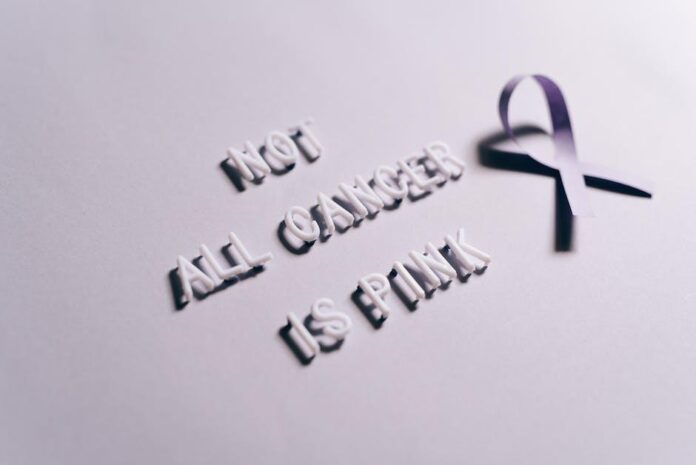
Testicular torsion is a medical emergency that occurs when the spermatic cord, which provides blood flow to the testicle, becomes twisted. This condition requires immediate medical attention to prevent permanent damage to the testicle. Recognizing the symptoms of testicular torsion is crucial in seeking prompt treatment. In this article, we will discuss the common symptoms of testicular torsion and the importance of seeking medical care if you experience any of these symptoms.
1. Sudden and severe testicular pain
The most common symptom of testicular torsion is sudden and severe pain in the testicle. This pain can come on suddenly and may be accompanied by nausea and vomiting. The pain may also radiate to the abdomen or groin. If you experience sudden and severe testicular pain, it is important to seek medical attention immediately, as this could be a sign of testicular torsion.
2. Swelling and redness of the scrotum
In some cases, testicular torsion can cause swelling and redness of the scrotum. This may be accompanied by a feeling of heaviness or tenderness in the scrotum. If you notice any changes in the appearance or size of your scrotum, it is important to seek medical attention to rule out testicular torsion.
3. Abdominal pain
Testicular torsion can cause pain in the abdomen, particularly on the side of the affected testicle. This pain may be sharp and sudden, and can be accompanied by nausea and vomiting. If you experience unexplained abdominal pain, especially if it is accompanied by other symptoms such as testicular pain or swelling, it is important to seek medical attention immediately.
4. Change in testicle position
In some cases of testicular torsion, the affected testicle may be positioned higher than normal or may appear to be rotated. This change in position may be accompanied by other symptoms such as pain and swelling. If you notice any changes in the position of your testicle, it is important to seek medical attention to rule out testicular torsion.
5. Difficulty urinating
Testicular torsion can cause difficulty with urination, including pain or discomfort while urinating. If you experience any changes in your urination patterns, it is important to seek medical attention to determine the cause, as this could be a sign of testicular torsion.
6. Aching in the lower abdomen or groin
In addition to pain in the testicle, testicular torsion can cause aching in the lower abdomen or groin. This pain may be constant or may come and go, and may be accompanied by other symptoms such as swelling and redness. If you experience unexplained aching in the lower abdomen or groin, it is important to seek medical attention to rule out testicular torsion.
7. Fever
In some cases, testicular torsion can cause fever. If you experience a fever in addition to other symptoms such as testicular pain or swelling, it is important to seek medical attention immediately, as this could be a sign of infection or other complications related to testicular torsion.
8. Nausea and vomiting
Testicular torsion can cause nausea and vomiting, particularly when accompanied by severe testicular pain. If you experience unexplained nausea and vomiting, it is important to seek medical attention to determine the cause, as this could be a sign of testicular torsion.
9. Testicular hardness
In some cases, testicular torsion can cause the affected testicle to become hard to the touch. This may be accompanied by other symptoms such as swelling and redness. If you notice any changes in the texture of your testicle, it is important to seek medical attention to rule out testicular torsion.
10. Blue or dark color of the scrotum
In severe cases of testicular torsion, the scrotum may appear blue or dark in color. This may indicate a lack of blood flow to the testicle, which is a medical emergency. If you notice any changes in the color of your scrotum, it is important to seek immediate medical attention to prevent permanent damage to the testicle.

















